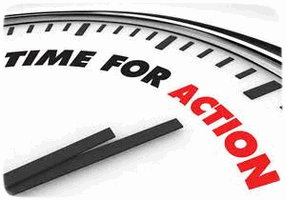Dr. Dawn-Elise Snipes PhD, LPC-MHSP, LMHC
Executive Director: AllCEUs.com
Podcast Host: Counselor Toolbox and Happiness Isn’t Brain Surgery
Become a member at DocSnipes.com to be able to chat with Doc Snipes via text or video chat.
There are many aspects to working a recovery program or developing a Happiness Lifestyle. Each day presents it's own unique challenges, so it is important to have the basics in place which include: Mindful self-awareness, and an action plan which includes social support and vulnerability prevention to deal with life on life's terms. All of these are tools to working a well-rounded program. No one thing is more important than the other. In a Happiness Lifestyle you will not always be deliriously happy, because life always has challenges, disappointments and irritants. However, you will have the knowledge that you deserve to be happy, and the distress is tolerable and will not go on forever. You will be open to change and letting go what may feel right in the moment in order to choose those things that will help you achieve your long term goals. You will have faith that if you stick to your action plan you will be able to improve how you feel, and willingness and courage to tolerate distress in the present while doing what needs to be done to improve the next moment.
Remember that every aspect of life impacts every other aspect. It is vital to be aware and implement your action plan not only as it relates to your mood, but also in your social relationships and your work.
- How will you make sure that you are remaining mindfully self-aware?
- What are your main vulnerabilities and how will you eliminate them or minimize their impact?
- You are your own best friend. How can you provide yourself encouragement?
- In what way can Good Orderly Direction or your higher power keep you moving toward your goals?
- Who are your healthy social supports?
- How can they assist you in preventing vulnerabilities and dealing with distress?
- In what ways does your action plan (above) help you prevent distress and/or cravings at home, work, with friends/family/social situations?
Learn more tips and tricks for emotion regulation and distress tolerance

